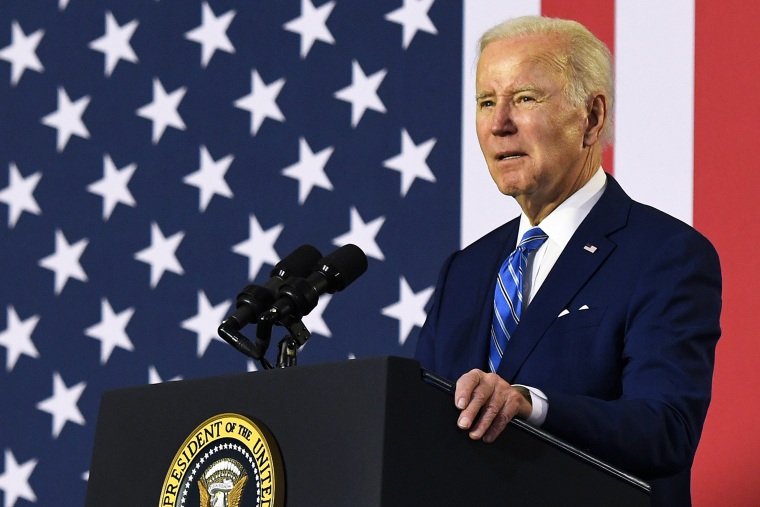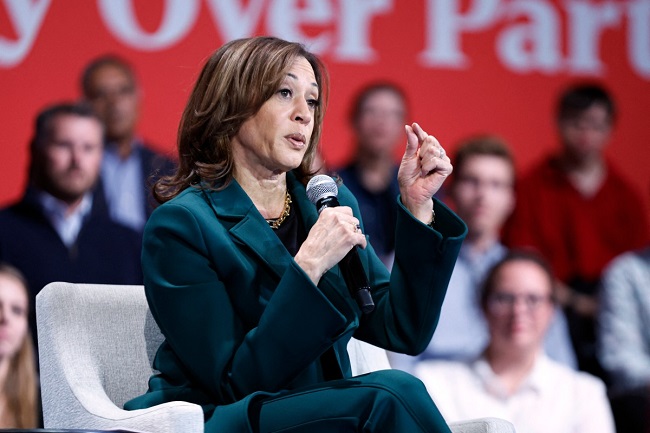International
US: The Race To Resuscitate The Financial System Continues

-
The US experienced two banking failures in the past week
-
This has affected the global market
-
The US economy is likely to go into a recession
Eko Hot Blog reports that The global economy is facing a slew of problems – and all eyes are looking in one direction: America.
EDITOR’S PICKS
-
Saudi Arabia:US Man Jailed Over Tweets Released
-
US: Police On High Alert Ahead Of Possible Donald Trump Arrest
-
Bad Bunny’s Ex Sues Him For Using Her Recording Without Permission
Two banking failures in the US this month have raised fears about the health of the financial system.
The collapses follow a sharp rise in global borrowing costs, led by the US, which has shocked the world economy and raised worries about a painful downturn known as a recession.
At the centre of the crisis is the US central bank.
Since last year, authorities at the Federal Reserve have been leading the charge to raise interest rates, as they wrestle to rein in price increases driving up the cost of living.
With risks to the economy rising, can that campaign continue?
Just two weeks ago, Chairman Jerome Powell warned the bank might need to raise interest rates further and faster than expected, citing concerns that progress on stabilising prices was stalling.
The rate at which prices rise was 6% in the 12 months to February – far higher than the 2% rate considered healthy.
But the recent banking turmoil has many investors betting the Fed will be especially keen to avoid startling financial markets with a big move.
Many analysts expect officials to raise rates by 0.25 percentage points – or perhaps hold off on an increase entirely.
Whatever the decision, Mr Powell is squarely in the hot seat – with little chance of satisfying his many critics.
“This is probably the toughest decision the Fed has had to make in a while,” says Ryan Sweet, chief economist at Oxford Economics, who is expecting a 0.25 percentage point increase.
He says Mr Powell will “have to play the two-handed economist perfectly”, convincing investors that the central bank can still raise rates to fight inflation on the one hand, while using other tools to combat stress in the financial system.
“The biggest challenge is going to be communication and the Fed doesn’t have a really good track record.”
Mr Powell, a lawyer who was appointed to lead the Fed by former President Donald Trump, already had work to do to restore credibility, after he infamously described the price rises that started to hit America in 2021 as “transitory”.
The bank failures have added to the scrutiny, putting into focus costs from the rapid rate rise campaign, while raising questions about whether the Federal Reserve had been too lax in its oversight.
Senator Elizabeth Warren, a progressive Democrat who has long faulted Mr Powell’s response to inflation, has accused him of presiding over an “astonishing list of failures”, including faulty supervision.
She said this week she did not think he should remain in his post.
And though the reasoning is different, criticism of Mr Powell has also grown louder on Wall Street and in Silicon Valley.
“The Fed should have reacted to inflation six months earlier, and then raise rates more gradually. Instead they slammed on the breaks and now we have a car crash,” venture capitalist David Sacks wrote on Twitter in the wake of the bank failures.
With outcry widening, the White House this week issued a statement affirming US President Joe Biden’s “confidence” in Mr Powell.
Mr Sweet said such an unusual step is a sign in part of a more toxic turn in politics.
“I think on both sides, they’re much more quick to criticise and point the finger,” Mr Sweet said.
Over the past year, the Fed has raised its key rate – what it charges banks to borrow – from near zero to more than 4.5% – the highest level since 2007.
But strong hiring has helped the economy hold up better than many expected, despite a sharp slowdown in the housing market and struggles in the tech sector, where low borrowing costs had helped fuel growth.
Still, the recent banking panic is likely to push the US economy into recession sooner than expected – and there is little doubt that pressure on Mr Powell has increased, Mr Sweet said.
FURTHER READING
-
Weekly Gist With Annie
-
Three Men Found Guilty Of Murdering XXXTentacion In 2018
-
US: DeSantis Takes Heavy Dig At Trump Over Court Case
“Anytime you get any stress in the banking system all eyes turn to the Federal Reserve.”
Source: BBC
Click to watch our video of the week:
Advertise or Publish a Story on EkoHot Blog:
Kindly contact us at [email protected]. Breaking stories should be sent to the above email and substantiated with pictorial evidence.
Citizen journalists will receive a token as data incentive.
Call or Whatsapp: 0803 561 7233, 0703 414 5611














